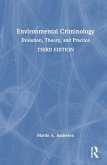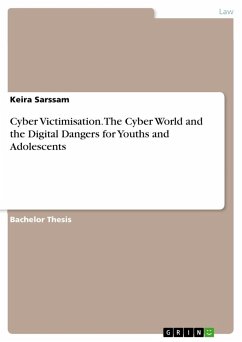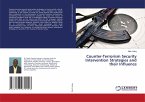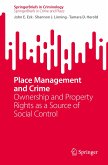Since 9/11, terrorism has been an important subject of study within the political and social fields, having often been examined critically. However, empirical frameworks have been lacking among terrorism studies. This book aims to counter reductionist views of terrorism and to provide a holistic analysis under the arch of a criminological ontological framework. This quantitative study aims to apply routine activity theory to terrorism, taking the specific case study of terrorism within Southeast Asia. Predictive terror patterns are indeed crucial to counter-terrorism. Using a time-series analysis of terrorist attacks and counter-terrorism operations, deterrence theory, randomness theory and contagion theory will be applied to terrorist attacks with both political and religious intent. This research thus aims to disprove any discursive assumptions of terrorism through a quantitative empirical focus and learn how to better combat terrorism by identifying predictive patterns.
Hinweis: Dieser Artikel kann nur an eine deutsche Lieferadresse ausgeliefert werden.
Hinweis: Dieser Artikel kann nur an eine deutsche Lieferadresse ausgeliefert werden.








